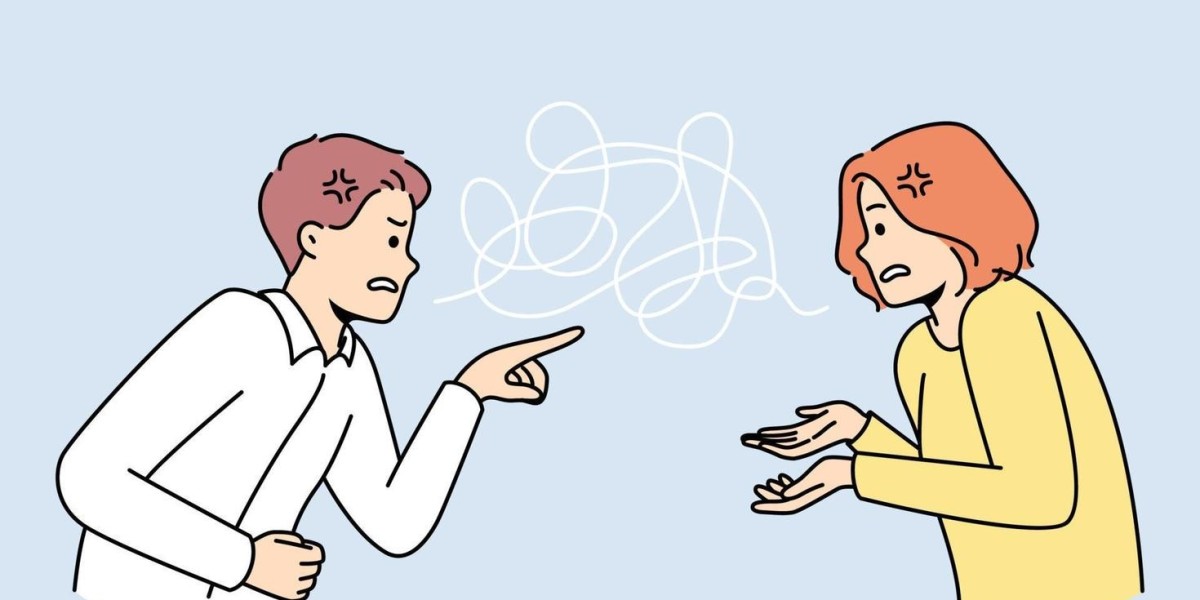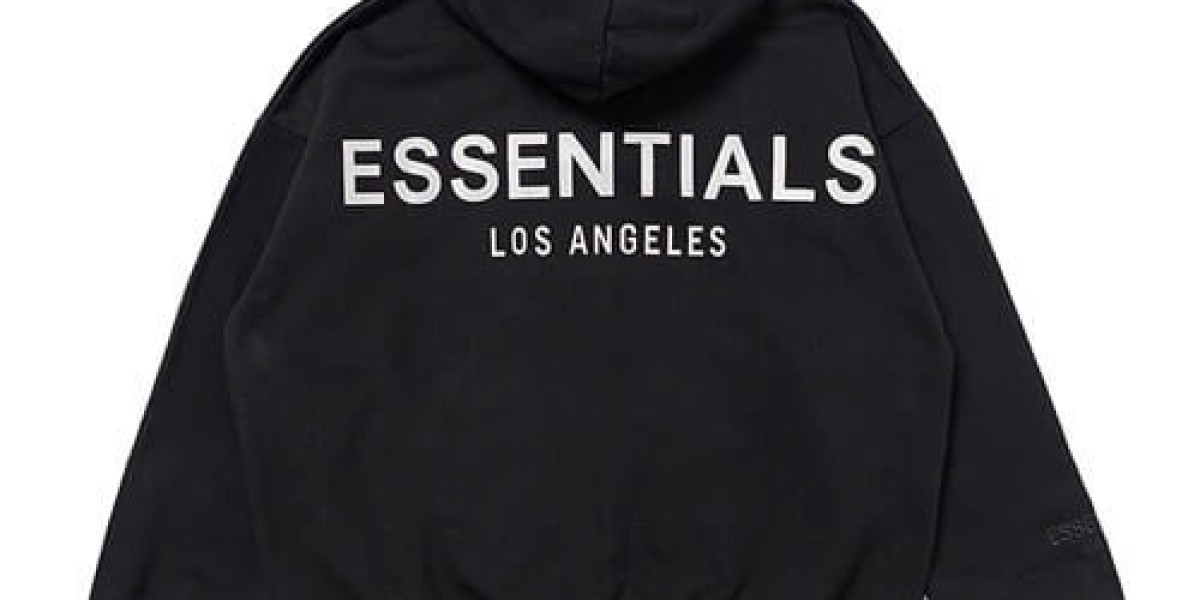Here are ten ideas to help you navigate and address a toxic relationship:
Set Boundaries:
Clearly define and communicate your boundaries. Establish what behaviors are unacceptable, and be firm in enforcing these limits.
Seek Support:
Talk to friends, family, or a counselor about your experiences. Having a support system can provide valuable perspectives and emotional support.
Self-Reflection:
Reflect on your own needs, values, and well-being. Understand what you require from a relationship and whether the toxic dynamic aligns with your personal growth.
Communication:
Express your feelings and concerns openly with the other person. Use "I" statements to avoid blame and encourage a more constructive dialogue.
Limit Contact:
Consider reducing the time and energy you invest in the relationship. This could involve spending less time together or taking breaks to gain perspective.
Educate Yourself:
Learn about toxic behaviors and patterns. Understanding the dynamics can empower you to recognize and address the issues more effectively.
Prioritize Self-Care:
Focus on self-care activities that promote your mental, emotional, and physical well-being. This could include exercise, hobbies, and relaxation techniques.
Professional Help:
If the toxic relationship is causing significant distress, consider seeking the assistance of a therapist or counselor. They can provide guidance and support in navigating the challenges.
Create an Exit Plan:
If the toxicity persists and poses a threat to your well-being, develop a plan for distancing yourself from the relationship. This may involve seeking legal advice or finding alternative living arrangements.
Build a Support Network:
Cultivate relationships with positive, supportive individuals who uplift and encourage you. Having a strong support network can provide a buffer against the negative effects of a toxic relationship.
Remember, each situation is unique, and these ideas may need to be adapted based on the specific circumstances of the relationship. It's crucial to prioritize your own mental and emotional health and take steps to create a safer and healthier environment for yourself. If you are in immediate danger or experiencing abuse, please seek help from local authorities, a domestic violence hotline, or a trusted support system.








